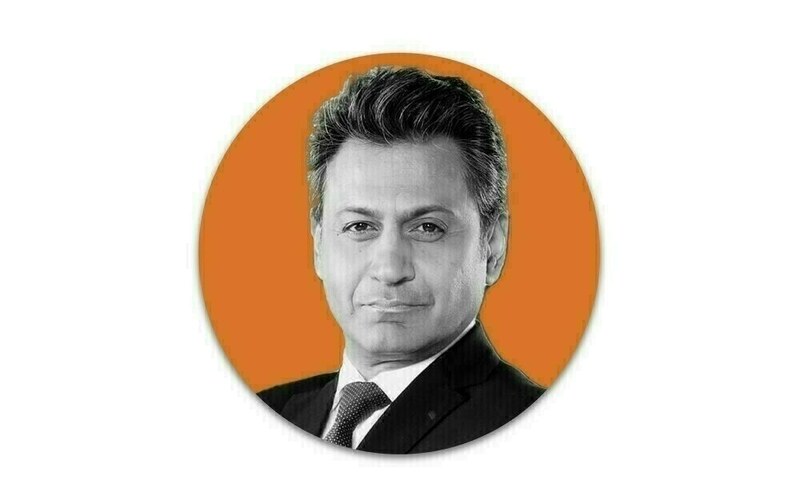There is a dark story in Pakistan that is narrated in a random, sporadic, and heartbreaking manner. It is a story without an end.
Vislualise it as a cinematic experience in living colour. There is a plot that hangs like an umbrella over various sub plots.
The grand scheme of things always defines the main plot which in turn revolves around well-known main characters. They make policies, pass laws, deliver judgements, fight wars, and run affairs that govern the lives of citizens. They control the resources of the state and spend them as they deem fit for the benefit of many, and often few, and often themselves. Themselves quite often, actually. New vehicles, refurbished offices, salary hikes, foreign junkets, and schemes that provide them real estate benefits.
Then there’s the other story. This story revolves around plots where buildings collapse in Karachi because the main characters of the main story did not do what they are paid to do. Or two dozen infants die in Pakpattan because of the criminal negligence of those who live lives of privilege on taxpayers’ money. Or a dozen family members are swallowed by a raging flashflood in Swat because those mandated to save them could not do so because of incompetence and neglect.
Every day of every week of every month brings forth similar stories across the length and breadth of the country. And yet, nothing changes. Nothing improves. Nothing is reformed. The main characters remain main, while the minor ones drown, suffocate or get crushed under the rubble of falling buildings.
The tragic events of the last two weeks have once again reminded us that the heartbreaking story of Pakistan is narrated again and again through tragedies that are shrugged off as part of life in this country. The reactions from those responsible are evidence enough that heartbreak is also now institutionalized within the system.
One person dismissed, another suspended, yet another transferred. Monetary compensation for the victim’s families in addition to condemnations from leaders (the wordings never change). All go through the motions, wait for the headlines and memories to fade, then return to doing things the way they have always been done. No expectations, no surprises and no lessons.
Ask those who are mourning the family drowned in Swat. Do they expect a full review of the relief and rescue operations in KP will take place? Will they hear soon that provincial leaders have not just taken the responsible people to task but have also drawn a blueprint for an international standard rescue and relief organization?
Will the mourners be assured that the new setup will have no shortage of resources (provinces are flush with money) and will be staffed with people who are trained professionally?
Ask those whose loved ones breathed their last under the rubble of the building in Karachi. Will they be shocked to hear that the Sindh Building Control Authority’s (SBCA’s) corruption is the worst kept secret in Karachi? Will they be justified in asking why the Sindh government is only now deciding to demolish more than fifty dangerous buildings? Did the government not know of the presence of such buildings and the danger they pose to the lives of inhabitants?
Will they now be assured that all corruption in SBCA will be stopped? That all those high officials receiving a cut from corruption will be identified and taken to task? That new system of approvals of buildings will be instituted and no one will be able to shortcut his way through permissions?
Ask the grieving parents whose infants perished in the hospital in Pakpattan. Will they be informed that the root causes of this criminal negligence have been identified and resolved? That the arrest of senior officials is just the start of a process that will reform the entire supply chain of medical incompetence within the Punjab government? That standardized system of medical care and hospital management will be instituted across the province and the health minister will be directly held responsible for future tragedies in hospitals?
The answer to all these questions is also the worst kept secret in the country.
No surprise then that the more things are claimed to have been changed, the more they remain the same. We will keep hearing big talk of reforms in the tax machinery, and of privatization, and of provincial chief ministers’ ‘revolutionary’ schemes draped in photo-ops, and of information departments churning out press releases about governance successes, but what we will never hear of is the deep change in the rotten official system that governs Pakistan.
We have won wars, but we are bleeding from the inside. This internal hemorrhaging is the real danger that no main character of our heartbreaking story is ready and willing to stop. It is a story draped in tragedy. It is a story without an end.
Copyright Business Recorder, 2025
